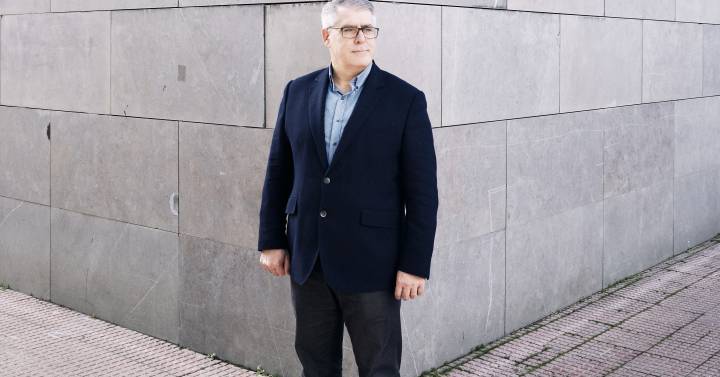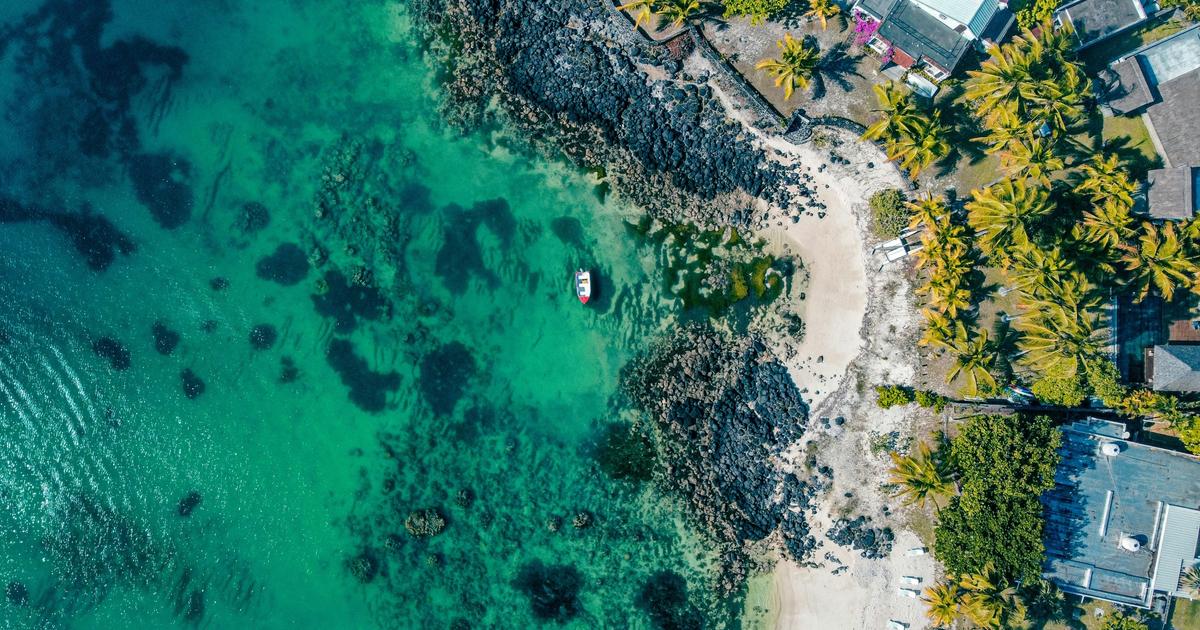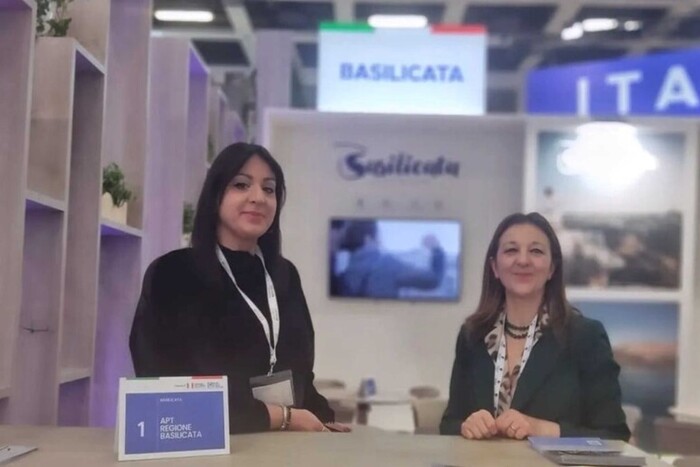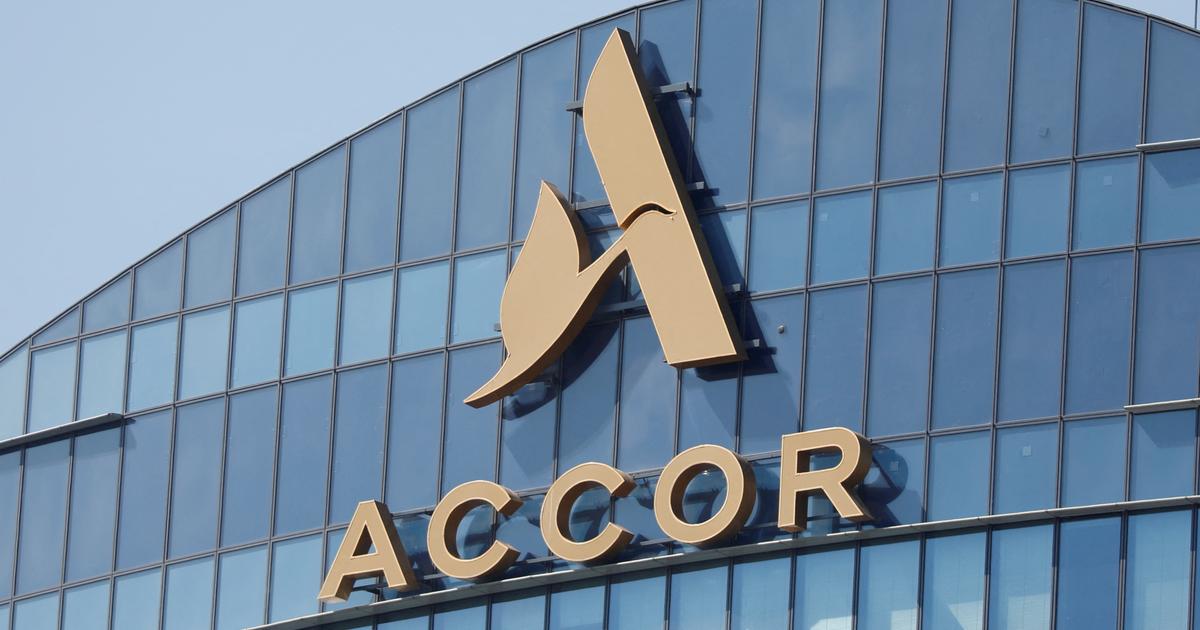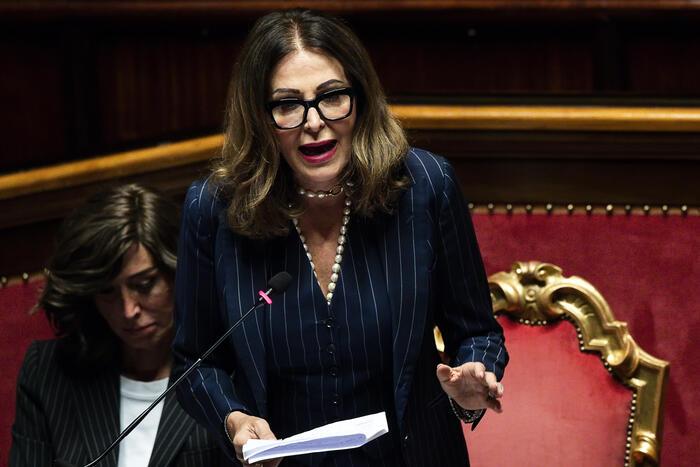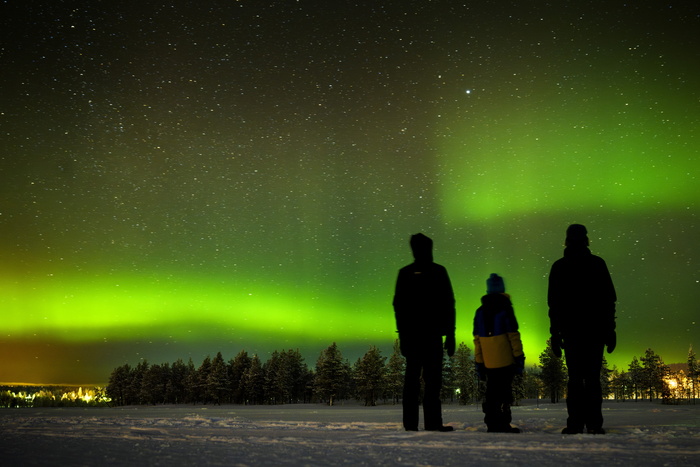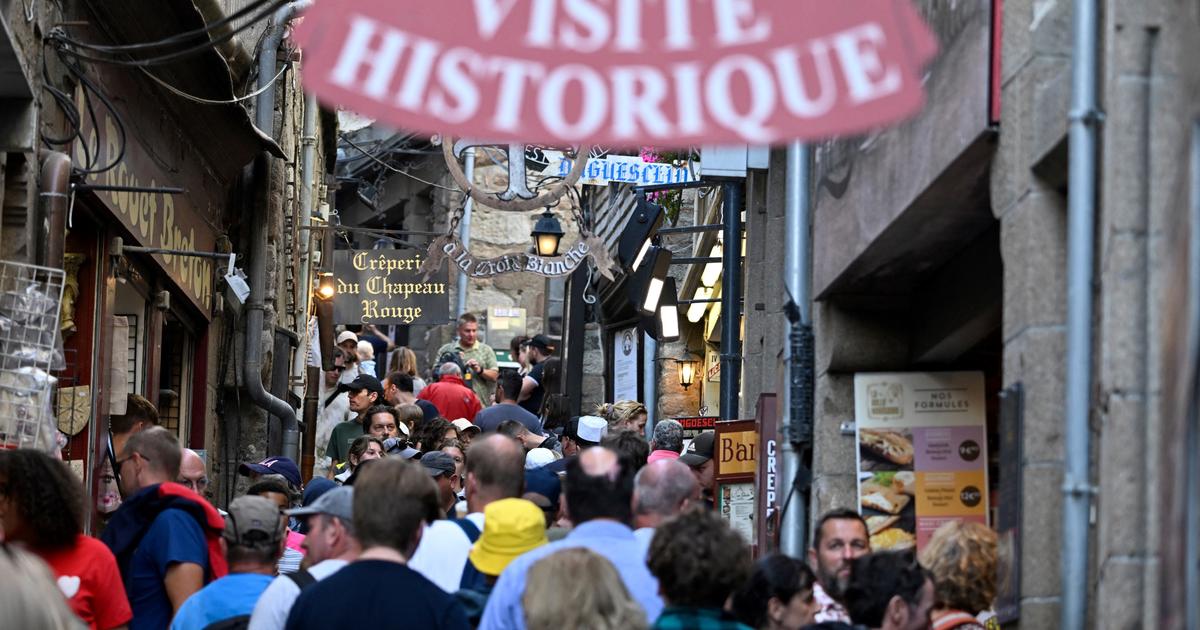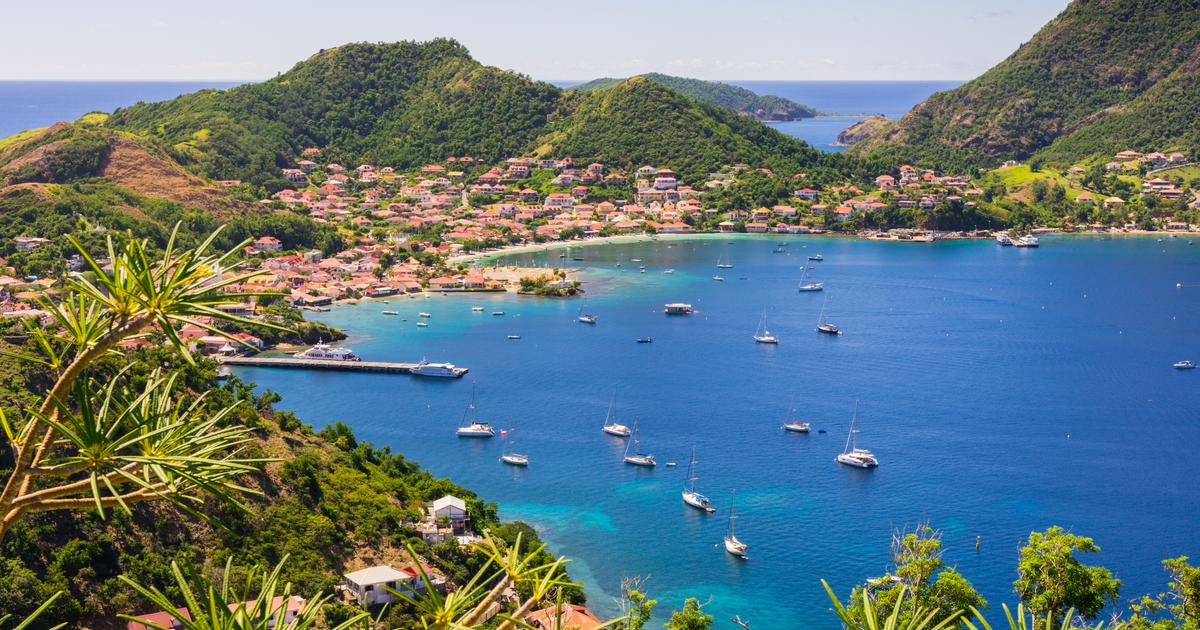FOLLOW
- Follow
He leads the strategic innovation area of Innsai, a corporate strategy consultant specialized in identifying future business trends that he created in 2017 and with whom, a year later, formed Bankia Forward. According to economist Jesús Navarro, the purpose of the latter is "to generate new sources of competitive advantage in a world in transformation, difficult to understand by many companies that do not know how to anticipate change."
One of the sectors that he has investigated is tourism, which, he says, is "at a turning point", due to digitization and new traveler habits that have been affected by the health crisis. Navarro identifies six main trends, starting with the experience of use. “Many companies have opted to make their customers live virtual experiences from confinement, empowering digital. The use of technology is now key to guarantee distance: online check-in , facial recognition to get in an elevator, service with robots, etc. ”, he comments.
The customization of the offer ("LGTBI or religious tourism, the demands of vegan travelers, gamers , or fans of the series") and the neolujo ("big brands create hotels, restaurants") will gain weight. "We will see how national tourism is promoted by the restrictions on movement and rural tourism in low-density areas to avoid contagion," he adds. "We will promote the collective identity as a country and recover the connection with our customs."
"The future is now"
"Our advice will always be on proactivity and innovation," says Navarro. "Companies must reinvent their business models, offer a comprehensive and unique experience to the traveler."
As for the new generations, he believes that they want to live the here and now. “The singularity of the destination is enhanced. 48% of Spanish millennials seek memorable experiences and 69% choose their vacations according to their instagrammability ”. The "unique experiences" are now the protagonists. “The need to guarantee safe experiences will prevail. Also those that are connected with the environment, are sustainable and responsible with the local economy.
A key strategy will be to strengthen the country brand, ”he anticipates. Breaking the border between work and pleasure is another guideline for tourism to come, which he calls bleisure (the contraction of business and leisure). Attendance at conferences has traditionally been the driving force behind this type of travel, but the pandemic has paralyzed this activity. “Teleworking has shown that some work trips are unnecessary. Therefore, the trips that are essential will be more valued. Proposals will be born that will result in greater productivity ”, he predicts.
Finally, Navarro highlights the economy of sharing: enjoying goods before their property and avoiding paying more for it than necessary. “This trend will now take a new turn. In the face of the economic crisis, the low cost strategy will be more than necessary. Cross-selling guidelines will emerge where tourism intermingles with the local industry, ”he says. The last major trend identified by Navarro is sustainable tourism. “The restrictions on mobility have had a positive effect on the environment. The problem of excess tourism will be reduced. I predict further growth in those business models that put the banner of sustainability in their activity. ”

